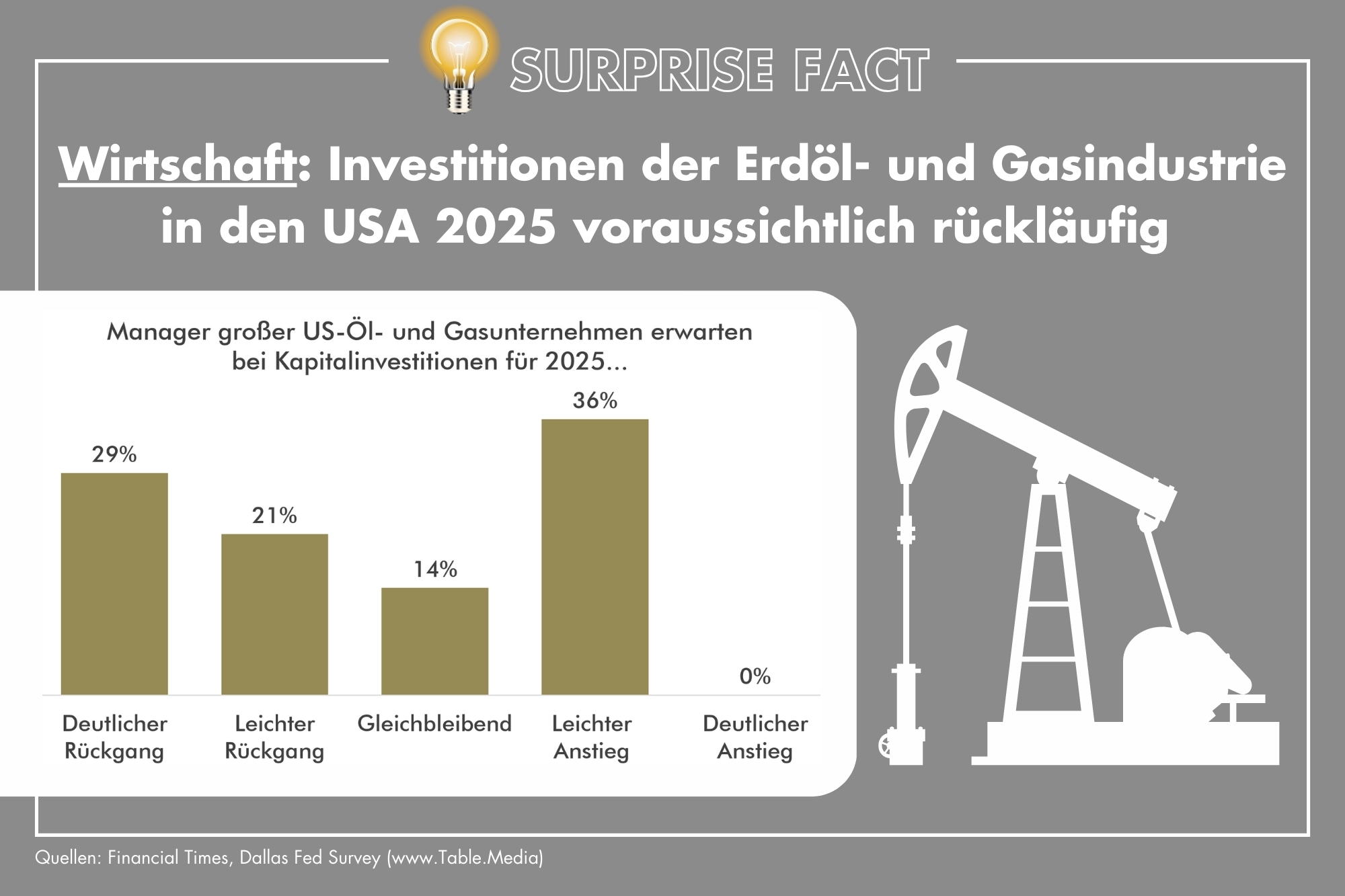In which situations do we prove courageous today? How much courage do we need for our future? And what does it actually mean to be courageous? In two intense days of work we explored the stories of courageous people at the eighth SURPRISE FACTORS SYMPOSIUM and tried to find answers to the question of what constitutes courage and how we can all become a little more courageous because courage is essential for our progress and a fairer world.
This was the motivation for us to look into the topic of “courage” from different angles. In the talks it became clear that courage is something that drives us from the inside. The motivation to be courageous is strongly determined by the circumstances. Courage is the critical factor that ensures continuity and development in our society. This year, again, we were inspired by international personalities with a wide variety of backgrounds, who provided us with guidelines for our future work at ACADEMIA SUPERIOR.
Beyond definitions
The talks have raised at least as many questions as they have answered: How courageous are we if we are still afraid of making decisions and breaking out of the routine? The discussions focused above all on the attempt to provide a common definition of courage since definitions help us make a topic, such as courage, more tangible. When do we become courageous? Do we need crises in order to get up and act? It is a fact that crises can offer opportunities for something new.
„COURAGEOUS BEHAVIOR IS NOT ALWAYS REWARDED. BUT THAT SHOULD ONLY ENCOURAGE US ALL THE MORE.”
In addition, crises lead to a greater will to change, at least in business and society. Whilst crises can be strong motivators on the one hand, they can also weaken courageous actions on the other. In research, crises can lead scientists to be more interested in averting danger than in reaching new, courageous goals. While “proving courage” in war zones means risking one’s life, “acting courageously” in our European context often means courageously disagreeing, breaking out of the comfort zone and questioning circumstances and oneself.
The narratives of the experts have made it clear that there are different motivators for courageous actions. Courage therefore depends on the situation. Some people want to avert dangers, while others want to achieve a certain goal through courageous actions. A certain act may be an act of courage in one situation; in another situation it may be folly or even naivety. Therefore, courage cannot be uniformly defined.
Heroines and Heroes for a courageous society
Looking back in time, you can find a host of examples of courageous people who fought for their goals and defied adversity. Those people show the power a courageous person can have and that one courageous human being can rouse and move a whole society. They also show that our society needs heroines and heroes. In other words, we need role models who show us that it is worth fighting for the right thing. That is why it is so important to reach young people with heroic stories. A major role for this can be attributed to the film industry because films can influence society positively and negatively. Books, too, can convey the message of courageous role models to a broad mass. For example, a book about courageous Austrian personalities could strengthen us in our own courage.
A new culture of venture – or why it is so important to be courageous
There can only be growth and progress when people are ready to take risks. Only when people dare to accept new challenges can we develop further as a society. However, Europe seems to dare too little when it comes to profound changes. Especially when it comes to life plans or society as a whole, then the search for courage is often in vain. Politicians are therefore challenged to promote a culture of venture in which free spaces are opened up.
„CRISES CAN BE POWERFUL MOTIVATORS FOR SOCIAL COURAGE.”
Moreover, entrepreneurs have to be able to evolve. Starting a business is risky. There is no business model, no sophisticated business plan or entrepreneurial skill that protects you from failure. People who want to start a business in Austria today are often restrained and disconcerted by bureaucratic hurdles. For the advancement of Upper Austria, however, we need courageous (young) entrepreneurs who develop new, foresighted ideas.
In research there is also a demand for a mindset that considers challenges as opportunities as research is a key driver of innovation. The challenge is not to be satisfied with the average and not to fall into complacency. The motto has to be: Keep going – even if you do not expect to succeed. Try – even if the outcome is uncertain. In the end, it is important to be allowed to make mistakes!
Conclusion: courage needs responsibility
The study of the topic of courage has shown us that courage does not follow a uniform definition. Although role models can show us directions, the decision to be courageous is something very individual. This means that we can only be courageous if we are ready to take the responsibility for our actions. To prove courage also means taking risks and perhaps even failing. Even a courageous person can experience failure. However, this must not weaken us but encourage us to pursue our goals. We all have a responsibility to stand up for what is important and right and to actively shape our surroundings. To be courageous also means assuming responsibility for others in certain cases. That is why we see it as a key challenge to create a system in which responsibility and courage are considered more important.
„IT’S ALL ABOUT TAKING CHANCES.”
Therefore, I am looking forward to the work of the coming months with great confidence – since ACADEMIA SUPERIOR is responsible for providing new food for thought and designing strategies for a prosperous future of Austria. Let’s approach it courageously.







